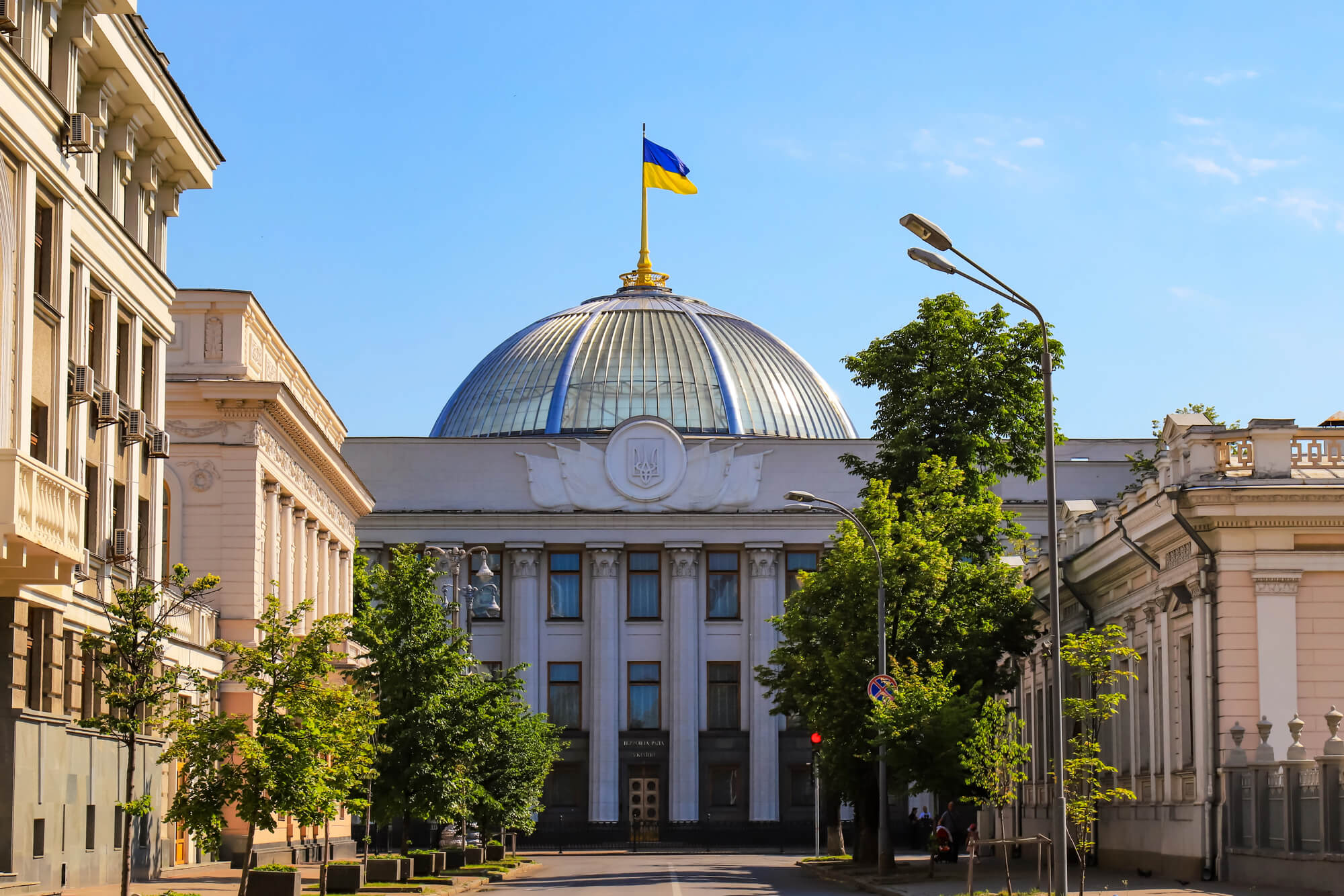The history of corruption and mispricing of natural gas in Ukraine is legendary. At present, with gas markets largely corrected, corruption and mispricing has moved to coal used in the generation of electricity. Ukraine has moved away from dependence on Russian gas imports through contracting of supplies from Europe. However, the importation of coal from the territories of Donbas which are not under Ukrainian control has once again exposed Ukraine to dependence on Russian policy decisions. In addition, the imposition by the regulatory authority of the price of coal charged by electrical utilities at the Rotterdam price plus transportation is a distortion of the market price of coal and has provided windfall profits to the owners of the Donbas coal mines.
To understand the policy misdirection with respect to coal, it is necessary to consider the basic facts about the international coal market. The market for steam coal is extensive and highly competitive globally. The market for the specific anthracite coal currently used for part of electricity generation in Ukraine is more limited but functional. While transportation costs of coal are significant in the end price, coal is traded internationally and is shipped by sea over extended distances. Unlike natural gas, Ukraine can be supplied by coal produced by the major exporters of coal, which include Indonesia, South Africa, USA, Canada and Australia. However, anthracite coal sources are more restrictive with South Africa currently the main supplier. There are extensive reserves of coal in the world with the index extending for over 100 years of production capacity. In recent years, the price of coal has dropped dramatically before partial recovery in 2017. The Rotterdam steam coal price dropped from a peak of over $200 per tonne in 2008 to a low near $40 in 2016 and is currently at $90. This is partly in response to the drop in oil prices but is also due to the negative properties of coal with regard to pollution and the impact of carbon emission reduction strategies which have been applied in many countries.
While Ukraine has ports, such as Odessa or Mariupol, which have capabilities for coal shipment and have been used for coal exports in the past, the capacity of these port facilities may require expansion to fully accommodate the volume of imports required. A second factor which hampers an increased reliance on imported coal, is the technical restrictions of the current electricity generating facilities. Roughly half of these facilities cannot burn steam coal which is the most widely used and available source of energy for electricity generation. While both of these factors may require capital investment, any future shortages of coal can be imported from international suppliers.
When supplies from the occupied territories of the Donbas became unavailable with the onset of hostilities, Ukraine did, in fact, contract for some international imports. These were quickly attacked by the parties whose interests this did not serve. The accusations were two-fold: pricing was supposedly excessive and the quality of the coal inappropriate. Both accusations, if valid, can readily be corrected by adoption of competitive and transparent bidding and seeking the suppliers with the appropriate quality of coal. In fact, some level of imports from international sources (outside of Russia) continue to be used to the present day. Contracting for further imports should be achievable at economic costs and without political risk.
When supplies from the occupied territories of the Donbas became unavailable with the onset of hostilities, Ukraine did, in fact, contract for some international imports. These were quickly attacked by the parties whose interests this did not serve.
With respect to the pricing formula which the regulator has adopted for the pricing of coal usage by electrical utilities, the Rotterdam price plus transportation is not the appropriate price. The proper price to be used should be the actual cost of imported coal in competition with domestic supplies. Such prices should, undoubtedly, be lower than the Rotterdam index price plus transportation. For example, the Donbas mines have a cost structure substantially lower than the international index price. Furthermore, their output has effectively no market outside of Ukraine. Consequently, in an open market, these supplies would undoubtedly be available at a substantial discount to the price of imports as indicated by Rotterdam pricing. Furthermore, the quality of Donbas anthracite (high percentage of sulfur and ash) is lower than the standard traded internationally. Consequently, the coal price currently reflected in the prices of electricity to consumers overstates the true cost which could be achieved.
The Rotterdam price plus transportation is not the appropriate price. The proper price to be used should be the actual cost of imported coal in competition with domestic supplies.
The explanation for both the choice of the pricing formula by the regulator and the use of supplies from the uncontrolled territories of the Donbas can only lie in corruption and conspiracy against the best interests and security of Ukraine. The owners of coal mines in the uncontrolled Donbas, who also control substantial portions of electricity generation capacity, have a clear interest to obtain excessive pricing and to source supplies from their own mines. This can only be achieved with the collaboration of the government regulator who appears to be in the control of such interests. As a consequence, the Ukrainian consumer is paying excessive prices for electricity and is also exposed to the risk that supplies can be stopped for political reasons.
The justification sometimes offered is the pretext that the mines provide employment for “our own people”, the residents of the uncontrolled Donbas territories. While the argument may have some superficial merit, the reality is that the revenue arising from coal sales is providing income to the occupying forces of Donbas and lowering the cost to Russia of maintaining the separatist regime. In addition, much of the revenue is accruing as excess profits to the oligarchic interests which own the mines. The revenue flow is thus supporting the interests of parties whose loyalty to Ukraine Is highly questionable and may even be prolonging the conflict itself. Such recognition by patriotic forces has led to the blockade of trade with the uncontrolled territories and exposed the strategic risk which the trade implies.
All trade in coal with the uncontrolled Donbas territories must be avoided to the greatest degree possible until such territories are once more under Ukraine’s control.
The proper approach to the coal situation in Ukraine is quite clear. All trade in coal with the uncontrolled Donbas territories must be avoided to the greatest degree possible until such territories are once more under Ukraine’s control. Arrangements for imports of any deficiencies in domestic supplies should be arranged in the international coal market. The pricing of coal can be set based on the actual costs contracted under conditions of transparency and not an arbitrary indexing. In the medium term, Ukraine should explore the potential for modifying its electricity generating facilities to burn more conventional steam coal which provides lower costs and greater supply flexibility. At the same time, expansion of port capacities to permit shipments needs to be undertaken to assure diversification of supplies. Domestic production may well be stimulated based on market pricing and would reduce the volume of required imports. Conservation of electricity usage strategies should also be implemented. Such an approach should reduce the costs to consumers of electricity while simultaneously removing the exposure to the political risk of supplies. Finally, corrupt profits flowing to the mine owners of the Donbas as well as the revenues to the separatist Russian controlled forces would be eliminated.
Attention
The author doesn`t work for, consult to, own shares in or receive funding from any company or organization that would benefit from this article, and have no relevant affiliations



